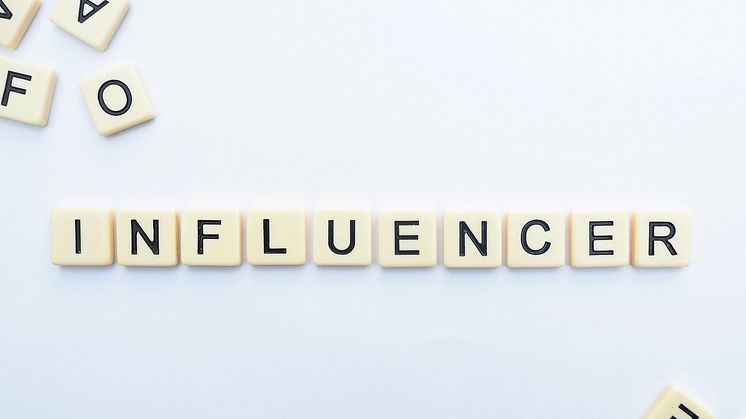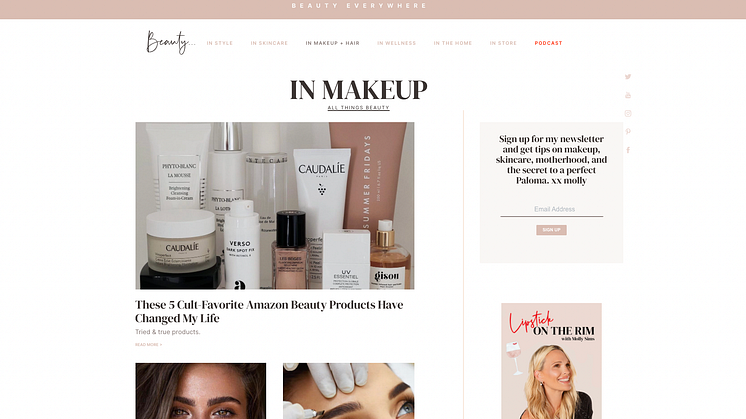
News -
When influencers steal content from other influencers
Content theft is common phenomena in social media, and it is not uncommon for influencers with large followings to take content from less popular creators without permission.
Shristi Das, an Indian Instagram influencer with over 142,000 followers, creates different characters with unique voices. She was extremely annoyed when a famous TV actor with half a million Instagram followers used her voice without giving her any credit. She didn’t hesitate to publicly criticise the move on the actor’s page and said “I see you’ve used my audio. That’s absolutely fine, but can you at least give credits!"
Despite her followers asking him to acknowledge her voice, the actor did not do so, but instead disabled comments on the post and even blocked Shristi. It was only after she flagged the issue with Instagram twice that the platform took the offending video down on the grounds of copyright violation.
Another creator with 620,000 followers, Anushka Rathod, makes content on financial literacy. She also reported content theft by multiple accounts, according to Mint, which points out: “In the creative economy, where income—both current and future—is directly related to followers, likes, shares, views and goodwill, content theft impacts the power and career of an online influencer.”
Influencer Kelsey Kotzur, who says she has also experienced idea theft by a more high-profile influencer, makes much the same point. In an interview, she said: “We all started somewhere. It’s so unfair to steal ideas/concepts from people with a smaller following simply because you can. There is plenty of room on social media for everyone to have a seat at the table.”
What recourse do influencers have when such situations crop up? Social media platforms do allow users to report instances of copyright infringement. But that is often not enough. Timely resolution is frequently elusive.
If the content is stolen from one platform and uploaded onto another, it becomes difficult for the creator claim his or her content. Content theft that occurs in a different country from where the original creator resides also present another set of problems.
Many creators are also either not aware of such theft, or not pro-active in going after the offenders when their content is copied. But if they want to earn their bread and butter from content creation, then they need to get serious about protecting their copyright.
PitchMark helps innovators deter idea theft, so that clients get the idea but not take it. To find more about our services, visit PitchMark.net and register for free as a PitchMark member today.



